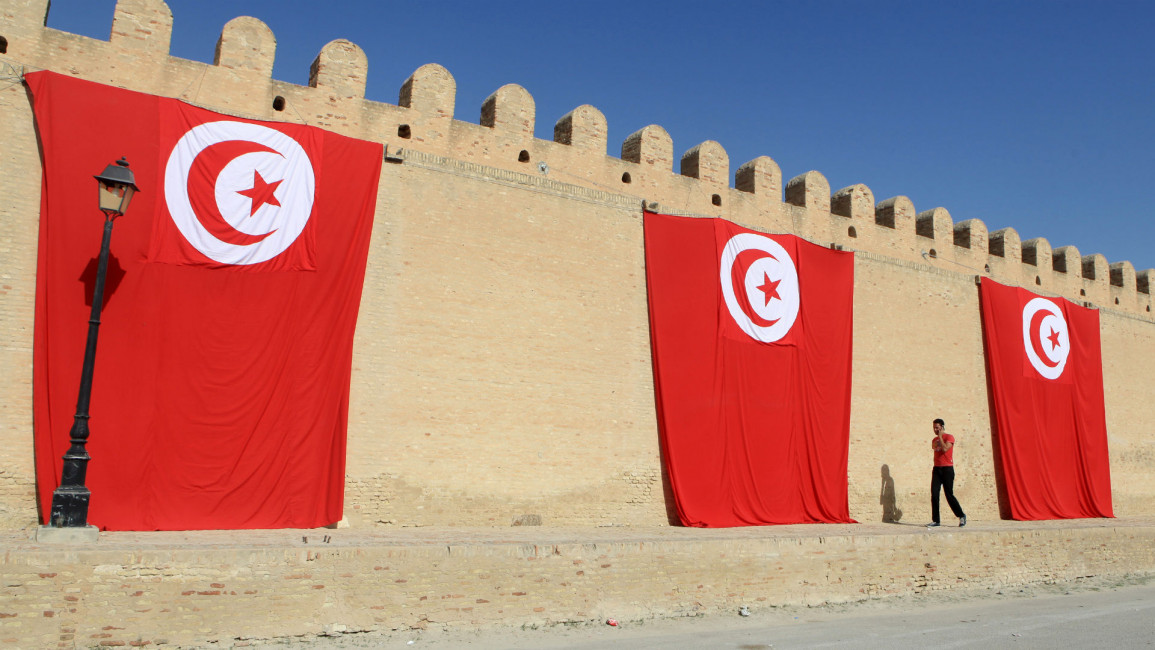Tunisian presidency denies death of hospitalised President Essebsi
Tunisia's presidency denied reports claiming the death of President Beji Caid Essebsi, just moments after the ageing president was hospitalised and reported dead by some outlets.
First adviser in charge of information and communication to the Presidency of the Republic Firas Guefrech said the president's health is "stable", according to state news TAP.
It comes after a number of outlets incorrectly reported that the president had died.
President Beji Caid Essebsi was admitted to the military hospital in Tunis "as a result of an acute malaise", the Presidency of the Republic said earlier in the day.
Guefrech on Twitter at the time urged for prayers from the public, stating the president was in "critical condition" before shortly sending out another tweet to deny "rumours" of the death.
In April, Essebsi announced he would not stand for re-election in the November polls, to make way for someone younger.
"In all honesty, I don't think I will put myself forward," Essebsi told the Nidaa Tounes party which he founded in 2012.
He added that it was time "to open the door to the youth".
His speech before thousands of members at the party's congress came several days after Abdelaziz Bouteflika, the 82-year-old ailing leader of neighbouring Algeria, resigned in the face of huge protests ending two decades in power.
Essebsi however urged his party to overcome bitter internal divisions and to bring Prime Minister Youssef Chahed back into the fold.
Tensions have flared between Chahed and Essebsi's son, Hafedh Caid Essebsi, leading to the premier being sidelined from Nidaa Tounes and forming his own rival party, Tahia Tounes.
Essebsi's secularist Nidaa Tounes won the 2014 elections and formed a coalition with the Islamist Ennahdha party that lasted four years before the two parties split.
Presidential elections are due on November 17, after parliamentary elections which have been scheduled for 6 October.
Tunisia, whose 2011 revolt toppled longtime dictator Zine El Abidine Ben Ali and sparked the Arab Spring uprisings, has been hailed as a model of democratisation in the Arab world, but has faced economic woes and jihadi attacks.
The presidency’s announcement on Thursday came after two explosions rocked the Tunisian capital, both of which targeting security positions, according to The New Arab’s Arabic-language service.
The first blast struck a security vehicle in a busy area of the capital while the second attack targeted a police building in the al-Qarjani district of the city.
The Tunisian interior ministry said one police officer was killed in the attack.
"One of the two police officers wounded in the suicide attack this morning has died", interior ministry spokesman Sofiene Zaag said.
Body parts were seen strewn in the road around a police car on Habib Bourguiba avenue near the old city in Tunis, AFP reported.
No group has yet claimed responsibility for the attack.
Follow us on Twitter: @The_NewArab



